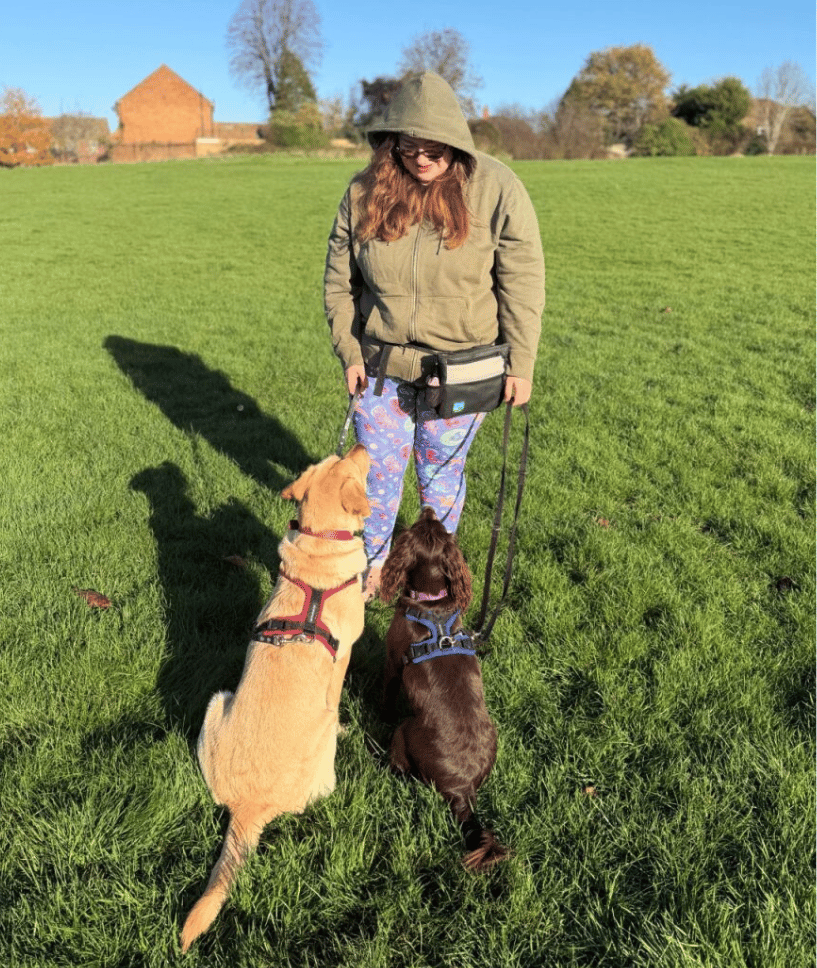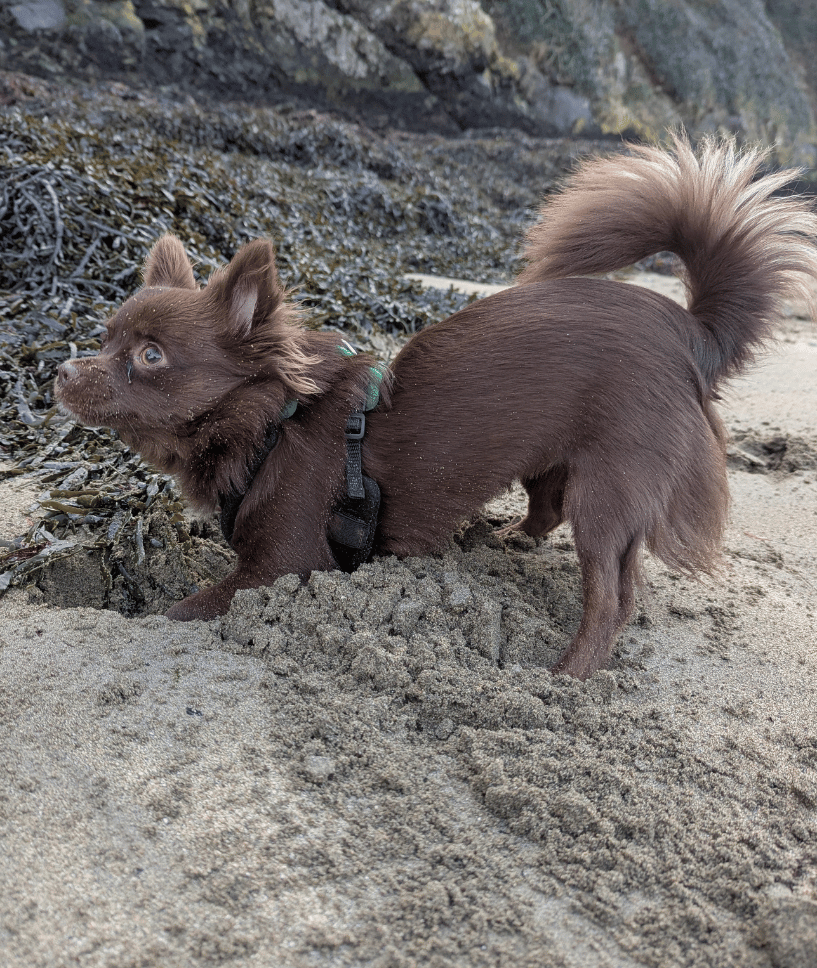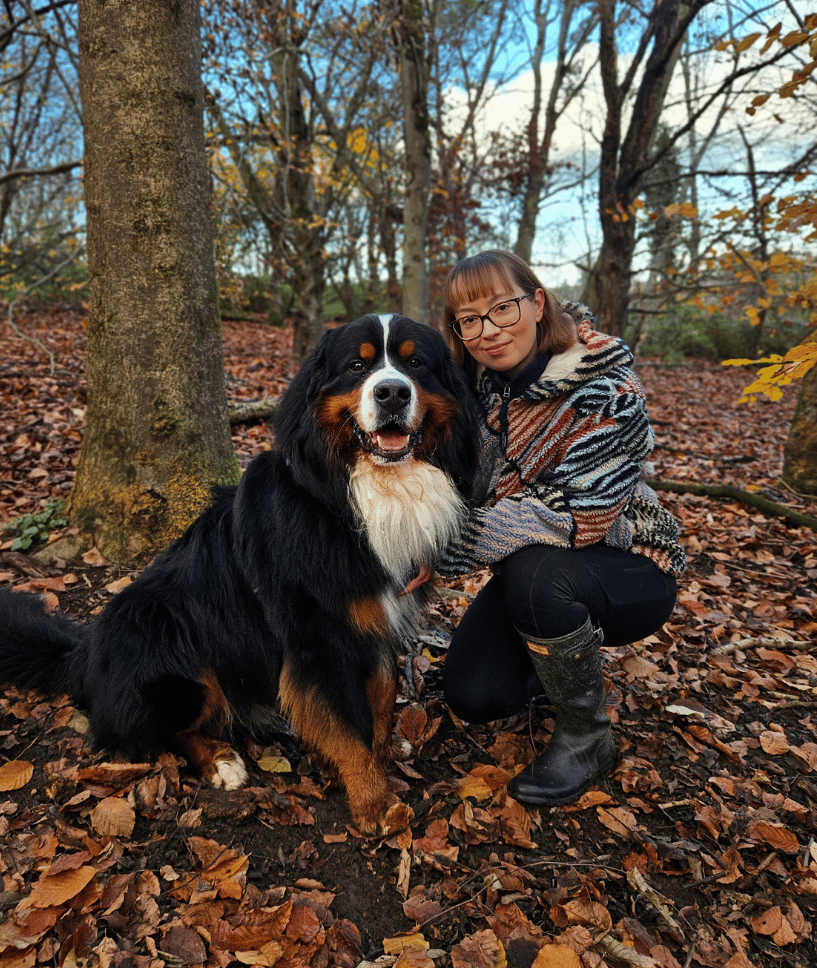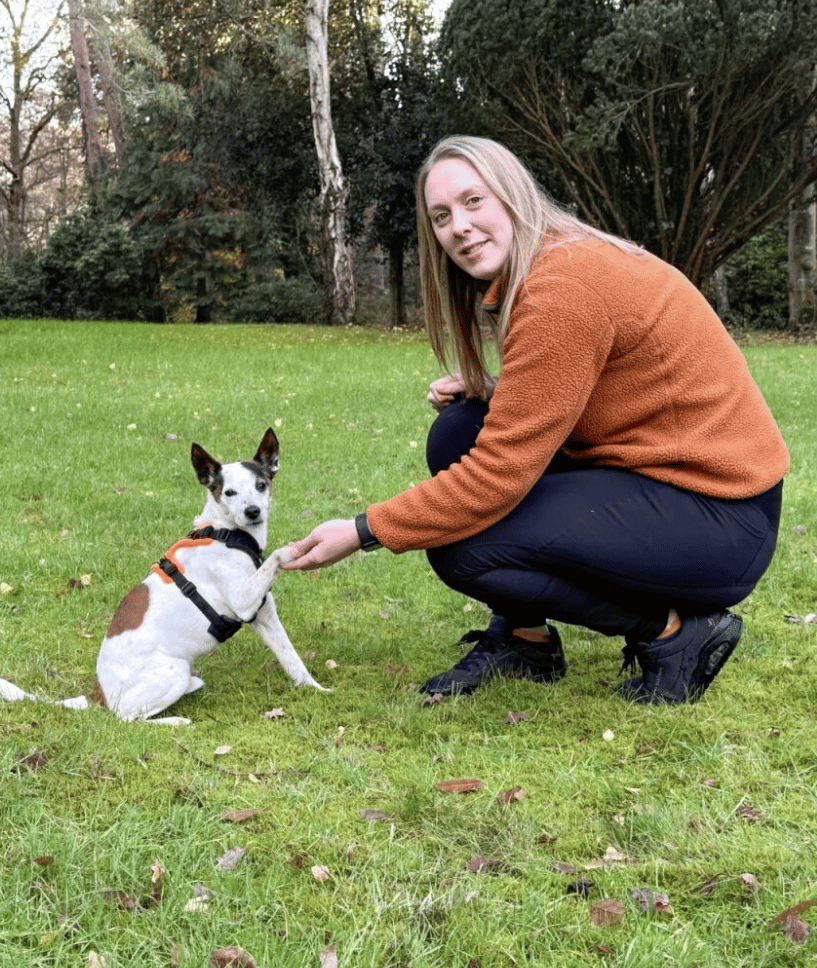Navigating the Puppy Boom: A guide to Responsible Sourcing
Navigating the Puppy Boom: A guide to Responsible Sourcing

The COVID-19 pandemic, understandably, sparked an unprecedented surge in the demand for canine companionship, leading to a booming dog buying market. This demand resulted in a dramatic increase in the prices of puppies. But as prospective puppy owners, what are we truly paying for? Is it a healthier pup? A happier pup? A lifetime of support from the breeder? Sadly, the reality is not always in favour of the buyer. In many cases, the spike in puppy prices can be attributed to factors that don’t necessarily enhance the well-being of the dog. Sometimes, these elevated costs are as a result of trends in stylish coat colours or markings rather than any substantial improvement in the dog’s quality of life.
The Dark Side: Puppy Farms
Unfortunately, amidst the puppy boom, some unscrupulous breeders resorted to unethical practices, including the operation of puppy farms. Puppy farms are large scale breeding facilities where profit takes precedence over the well-being of the animals. Dogs in these farms often live in deplorable conditions, leading to a host of health and behavioural issues. Puppy farmers engage in practices such as excessive breeding, interbreeding, inadequate socialisation, neglect in veterinary care, and subjecting dogs to permanent caging. Puppies bred from puppy farms can also suffer from serious health conditions even into adulthood. Although puppy farms have been in operation long before the pandemic, COVID-19 sparked an increase in demand for puppies and created a lucrative market for these operations.
Spotting the Puppy Farmer
In the name of bettering dog welfare, it is crucial to differentiate responsible breeders from puppy farmers. Here are some red flags to watch out for:
Multiple Breeds:
Puppy farmers often focus on quantity over quality, breeding multiple dog breeds and running numerous advertisements at the same time in order to meet demand.
Lack of Transparency
If a seller is unwilling to provide information about the puppy’s parents, living conditions, or health records, it’s a cause for concern.
Pet Passport
Importing a puppy under the age of 15 weeks is illegal in England. If the puppy is aged under 15 weeks and is advertised with a passport, they have likely been imported illegally under traumatic conditions.
The Hand Over
Puppy farmers will often ask for a cash payment and request to hand the puppy over at a random meeting point, such as a car park. The handover process should ideally happen in the place at which the puppy was bred.

Responsible alternatives
Thankfully, there are responsible breeders and adoption options available. Here’s our tips on how to ensure that you are sourcing a puppy ethically from a responsible breeder.
Visit the Breeder:
Responsible breeders will allow you to visit their facilities multiple times, allowing you to confirm that the puppies are raised in a clean and caring environment.
Ask Questions:
Enquire about the breeder’s practices, socialisation efforts and veterinary care. A responsible breeder should prioritize ensuring that their puppies are placed in caring, responsible homes where they will be well looked after. As part of this process, you would also expect the breeder to ask plenty of questions about you and your lifestyle.
Provide Paperwork:
It is a legal requirement for a puppy over the age of 8 weeks to be microchipped, and relevant paperwork should be provided from the breeder. If the breeder vaccinates, they should also provide paperwork accordingly. Health tests performed on the pup’s parents will also be documented and readily available to view.
Personal Support:
Ethical breeders will provide ongoing support as you raise your puppy, and in the event of any changes in your circumstances, they are always willing to take the puppy back.
Kennel Club Assured Breeders Scheme:
Breeders of a high standard, who are registered to this scheme agree to follow good breeding practices, including breed specific health screening and overall prioritizing of dog welfare. Breeders are inspected by the Kennel Club.

Lucy’s law: A step towards Change
In an effort to combat puppy farming, “Lucy’s Law” was introduced in the UK. This law prohibits the sale of puppies and kittens by third party sellers, ensuring that buyers can see the animals in their place of birth and with their mother. This has significantly contributed to reducing the prevalence of puppy farms and promoting responsible breeding practices. The law was named after Lucy, a Cavalier King Charles Spaniel who died in 2016 after being subjected to terrible conditions on a Welsh puppy farm. Dogs like Lucy are often kept by breeders to produce multiple litters of puppies, which are taken from their mothers at just a few weeks of age and advertised online or sold in pet shops. The introduction of Lucy’s Law serves as a very positive step towards a future where the welfare of our dogs takes precedence over profit.
It’s crucial for prospective pet owners to be vigilant and make informed decisions when it comes to sourcing a new pup. By recognising the signs of puppy farmers and actively researching for responsible dog breeders, we can collectively contribute to the well-being of these incredibly special animals.





